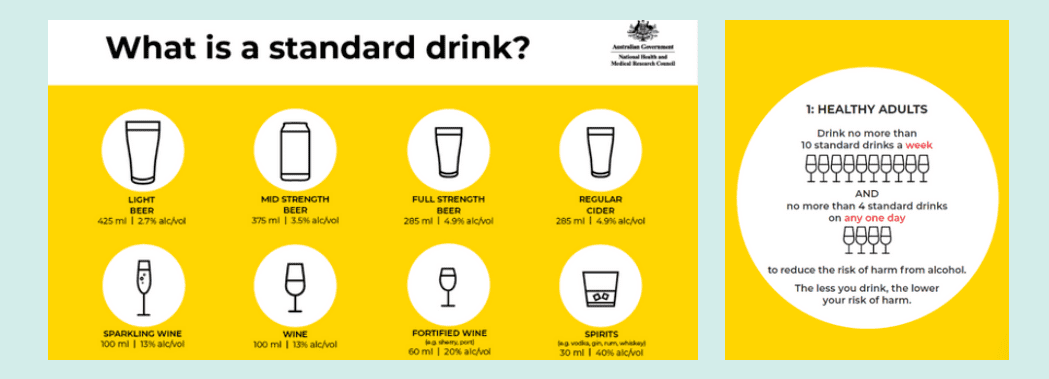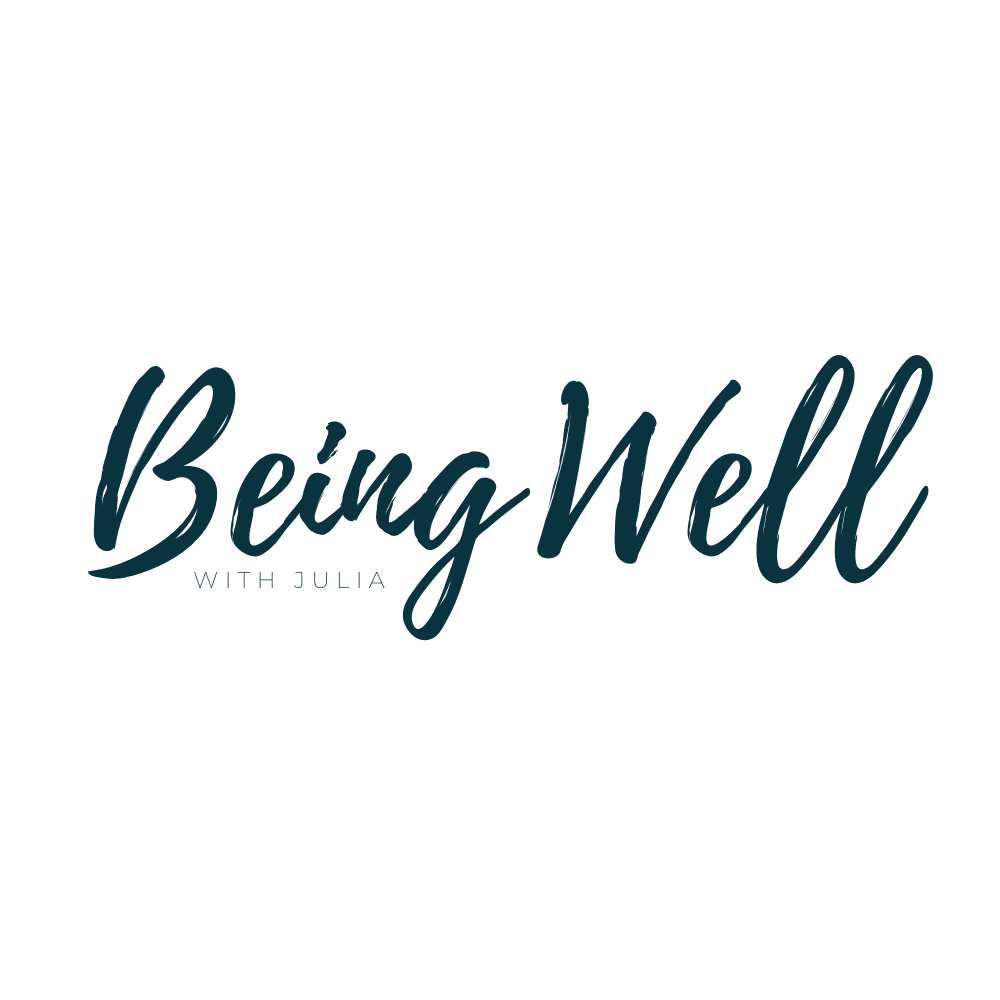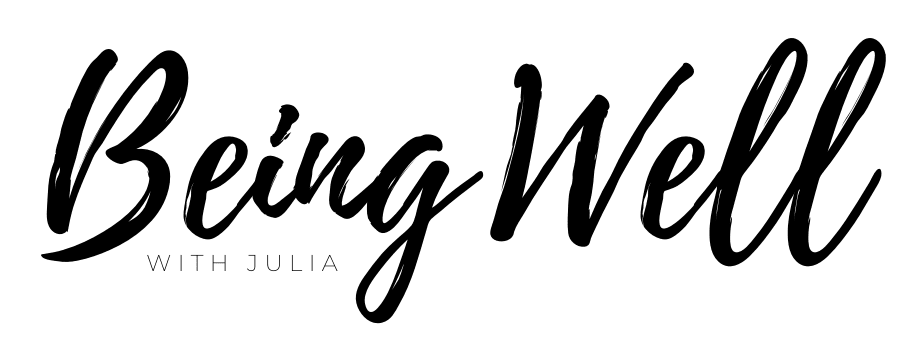The how and why of changing your relationship with alcohol.
Even for an occasional drinker, there can be many reasons to consider taking a conscious break from alcohol.
Recently people have shared with me; ‘ I started drinking more with my new partner’, ‘I just got into a routine of pouring a glass of wine while I make dinner, and now I don’t even think about it’, ‘honestly, it’s my worst habit’, and my personal favourite, ‘I started drinking more around the start of lockdown and 4 years later I think it’s gone too far!’
Why taking a break is helpful.
Every time we drink alcohol, the liver has to filter it to break it down and remove it from the body. Liver cells are damaged during this process, which is why the liver needs a break from alcohol to allow it to regenerate and make new cells.
Whether it’s dry January, Feb fast, Dry July or Oct-Sober I think of taking a break from alcohol as a genuine form of self-love. It’s a celebration of your health and wellbeing. Even for the non-dependent drinker, alcohol fulfills a purpose for all of us. Whether we use it as a social lubricant, a reward, a way to relax, to connect, or sometimes as a way to escape the tensions of daily life.

- The organisation One Year No Beer (www.oneyearnobeer.com) surveyed participants in their 28 day and 1-year challenges. The statistics they gained suggest that people who take even a short
break from alcohol feel better, have improved sleep, reduced anxiety, achieve weight loss and feel more productive. Reducing alcohol can help you to be more present, more energetic and even result in improved relationships. - Hello Sunday Morning (www.hellosundaymorning.org) explains that mostpeople find themselves feeling happier and less anxious when they take a break from drinking –there is sometimes a thing called the ‘pink cloud’ where we can actually start to feel euphoric as the brain chemicals start to shift after a couple of days without drinking.
- Dry July Foundation (dryjuly.com) tell us that participants also sleep better, have more energy and productivity, and since it’s a fundraiser you’re helping others too.
Cardiovascular health
Evidence has shown that drinking more than two drinks per day is associated with an increased risk of ischemic stroke. Alcohol has been linked to elevated heart rate, high blood pressure, excess risk of atrial fibrillation and coronary heart disease.
Liver function
As a major cleanser of your body, the liver serves many functions. Blood sugar control, immune health, digestive enzyme production, cholesterol management, detoxification etc. If it’s damaged or sub-par due to excess alcohol, you can feel lethargic, nauseated, constipated, suffer headaches, foggy brain, weight gain and food or chemical sensitivities.
Digestion
In addition to liver function, the impact of alcohol on your stomach and other digestive organs is real. It can reduce the secretion of digestive enzymes and a single heavy episode of drinking can damage the mucous
cells in the stomach, inducing inflammation and reflux. Studies from the USA have noted alcohol causes nearly 50% of all cases of chronic pancreatitis. In addition, the damaging effect on your delicate microbiome balance can lead to long-term impacts on your healthy gut bacteria.
Bone health
Alcohol can increase the risk of osteoporosis. Individuals that consume 1 to 2 standard drinks daily have a
1.34 times higher risk of developing osteoporosis (weak and brittle bones) compared to non-drinkers.
Cancer
Alcohol is a Group 1 carcinogen (known to cause cancer in humans), with low levels of drinking (one
standard drink per day) and higher levels (up to five standard drinks per day) both being associated with an
increased risk. Alcohol can directly damage the cells in your mouth, throat, voice box, oesophagus, stomach
and bowel. A known relationship exists with breast cancer, where moderate consumption has been linked
to an increased 30-50% risk.
Mood and mental health
Alcohol usage goes hand in hand with some very common mental health conditions like depression and
anxiety, and the combination of alcohol misuse and depression increases the risk of suicidal behaviour. It
can also affect the efficacy of antidepressant medication. Alcohol also reduces inhibitions and impacts
decision making, which can lead to us making decisions whilst drinking that we would not normally make
sober. It is also linked with increases in risky behaviour and aggression.
Sleep
We sometimes relate having a drink with feeling sleepy, yet even a modest amount of alcohol can impact
your sleep. Just a couple of glasses of wine can lead to a reduced amount of deep sleep, reduced quality of
sleep and fractured sleep cycles.

Come on, just have one….
Trying to quit alcohol is tough. The psychological
conditioning, cultural acceptance and societal pressure to continue to drink is immense. Most of us need a decent reason ‘not’ to drink- it’s sad but true. Alcohol is the only drug in the world that when you
give it up people berate you! I remember being on a booze break once and a ‘friend’ urged me to drink saying ‘comeon, have a wine – you’re so much more fun when you drink!’
Not exactly supportive. Not exactly a true friend.
Unless you’re pregnant or sick most excuses are destroyed by well-meaning friends, family and colleagues who want their drinking buddies back. Your decision to take a break indeed gives some people unwelcome cause to question their own drinking… and that’s just not a place everyone is ready to go. Yet.
- Note down all the reasons you’re doing this – and
check-in on this list often! - Set a specific challenge. A 28 day detox, a fitness
goal, a marathon… whatever you choose! Then when the time comes to refuse a drink… ‘I’d love a mineral water thanks, I’m doing a xxxx challenge and i feel so much better for it! - Know your trigger. What time, place, emotion or
person gives you the urge to drink? How can you
manage that trigger? What else can satisfy this
need right now? - Distraction might help. If 5-7pm is your trigger
time, go for a walk or take up a class instead. - Find alternative drinks to take along to parties, and to
select when you’re out and about. - Be the driver
Firstly, I’ll mention that this isn’t for everyone. Drinks that look or feel like
alcohol can be a trigger for some folks, so if in doubt, don’t.
Bars and restaurants will be happy to serve you a mocktail or simple non-alcoholic drink, and if you don’t see one on the menu just ask the
bartender to create something fun!
https://www.theurbanlist.com/perth
Alcohol-free beer, wine and spirits are available in bottle shops and supermarkets, so keep your eyes peeled! If it to avoid the temptation to buy alcohol, shop online:
Plan
Think ahead to give yourself the best chance of success. Plan for weekends, events, sports clubs,
catch up’s, birthdays… look forwards at the calendar and make sure you are ready to handle whatever is coming up. Get in touch with a sober coach or sponsor if you need support. Awareness of your drinking habits is also key. If you know that stressful days hit you hard, prepare for how you’ll manage things differently while you take a break.
Be ok with a slip-up
How many days does it take to make a habit? 21? 28? 60? It depends on who you ask. What I do know for sure is, that any habit you’ve had for a long time can take effort to change. And it will likely take more than positive thinking and willpower. So, this tip is super important to have in mind.
There may be pitfalls along the way. It’s ok to mess up. Don’t stress. Get back up, dust off your self-esteem and make the right choice next time! Yep, the very next day, get straight back to choosing not to drink!
Track your progress.
Several of the resources I’ve listed here have digital support networks and apps, but a notebook or a note in your calendar can work just as well. Journalling can be a therapeutic way to record your progress while providing an opportunity to connect with your purpose for taking a break and for working through any emotional shifts that come up during this time.

What happens when you stop drinking?
Quitting or reducing alcohol for as little as one month reliably gives an uptick in physical wellbeing, mental health and mood, productivity and focus, stability of relationships, and money left in our pocket.
These are some of the specific changes people report:
- better sleep
- feeling more present
- better digestion
- better energy
- weight loss
- healthy eating
- more motivated
Warning: seek help if you need to
- Symptoms of alcohol withdrawal range from mild to serious and depend on how much you drank and for how long. Talk to a qualified health professional if you’re feeling unwell.
- Mild symptoms usually show up as early as 6 hours after you put down your glass. They can include anxiety, shaky hands, headache, nausea, vomiting, insomnia and sweating.
- Consider speaking with a trusted medical professional, psychologist or counsellor if you or someone you love has an alcohol-related problem. Remember, alcoholism is not a sign of weakness or poor character. It is a condition that can be treated. The sooner treatment begins, the easier a problem with alcohol is to deal with.
Resources
Reframe | joinreframeapp.com
Reframe is a neuroscience habit change program focused on helping people change the way alcohol shows up in their lives, whether that’s through cutting back or complete abstinence from alcohol. Created with partners at Harvard and Emory universities, this app-based program provides information and support.
Headspace | headspace.org.au
As an organisation focused on improving mental health, headspace provides online information about how to go about reducing alcohol and other drugs. They also have experienced people on hand to support either online or by phone, and they have centres all over Australia. https://headspace.org.au/healthyheadspace
Daybreak App | Hello Sunday Morning
Hello Sunday morning is a health service and app, which connects you with a community of others who are also changing their relationship with alcohol. It’s free, it’s very supportive, and you’ll often find you can share tips and experiences with others who really understand what you’re going through.
One Year No Beer | Transform Your Relationship With Alcohol
OYNB have created online challenges to help you with setting short-term (5 or28 days), or long term goals (1 year) around changing your habit with alcohol. They’ll provide you with daily tips and support throughout your challenge, and a Facebook group of members to spur you on! Some challenges are paid but start with a free 5-day challenge if you want to give it a try.
Alcoholics Anonymous | One day at a time.
visit aa.org.au and click on ‘Is AA for you?’ to find out more about the AA program
Reading
This Naked Mind by Annie Grace.
Removing the psychological desire for a drink, allows you to drink less (or stop drinking) without pain, rules or missing out.
High Sobriety by Jill Stark.
Is an exploration of her decision to remove alcohol for 12 weeks, and the journey it took her on.
Atomic Habits by James Clear.
James Clear, one of the world’s leading experts on habit formation reveals practical strategies that will teach you exactly how to form good habits, break unwanted ones and master the tiny behaviours that lead to remarkable results

